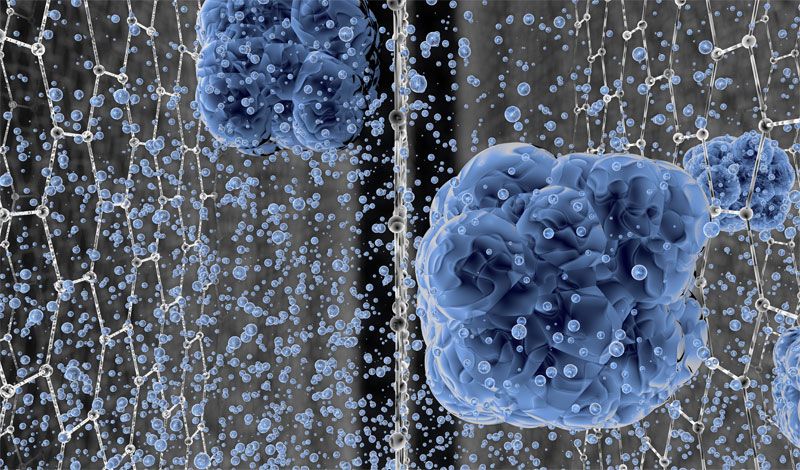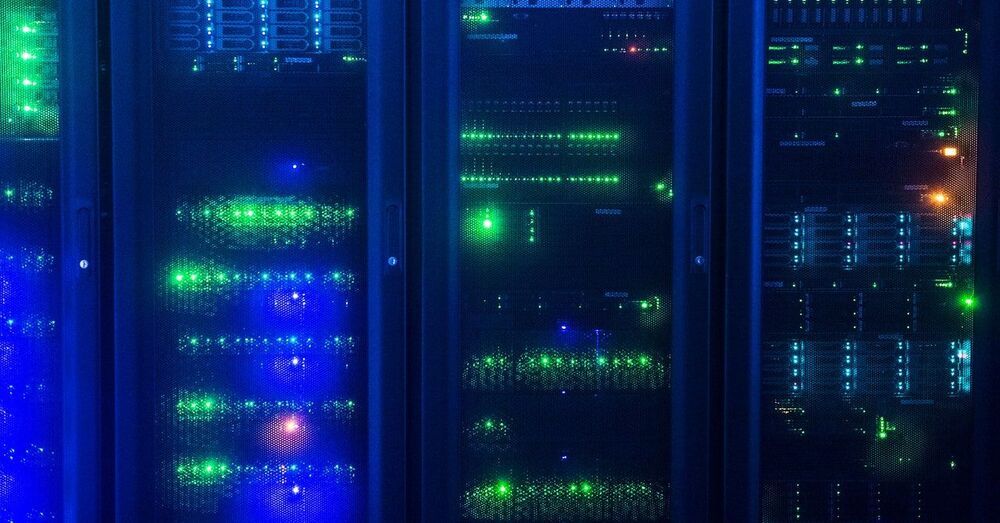A container full of translucent liquid spins while a laser is used to harden the liquid to form a high-precision object.








The original post is in Hebrew, I hope you manage, but the gist is simple — since summer we’ve started receiving reports from the Southern Hemisphere of almost-if-not-completely eradicated flu. Yeap, in less than one year the flu was completely gone in Australia, New Zealand, and others.
Ok, everyone said just wait, it might be a fluke. Let’s see what happens in the norther hemisphere. Alrighty, it’s Christmas, the peak of flu … See More.
· DtgheliceSmbuerm iug2l3, 2c02p0ln eahtgocnfa 10ts: g3filomremo9 deidAM ·
Good. Are you ready?
No flu this year.
It turns out that the flu and corona data have been connected together starting March of this year (Watt? Ok… let… See More.
The Paperlike 253 is a 25-inch, high-resolution grayscale monitor from Dasung.

Currently, we are faced with a shortage of precious metals from conventional mines. As such, humanity has turned to deep-sea mining in order to gather its precious metals resources. In this video, I will talk about the differences between deep-sea mining and asteroid mining as well as talk about these technologies’ implications for the future world.
Discord Link: https://discord.gg/brYJDEr.
Patreon link: https://www.patreon.com/TheFuturistTom.
Please follow our instagram at: https://www.instagram.com/the_futurist_tom.
For business inquires, please contact [email protected].
Editor credits (Velinix):
https://www.youtube.com/channel/UCYcAMWx0Vcsy-SSzX3HVWYw?view_as=subscriber.
https://www.instagram.com/velinix/
https://twitter.com/Panda123Jewels